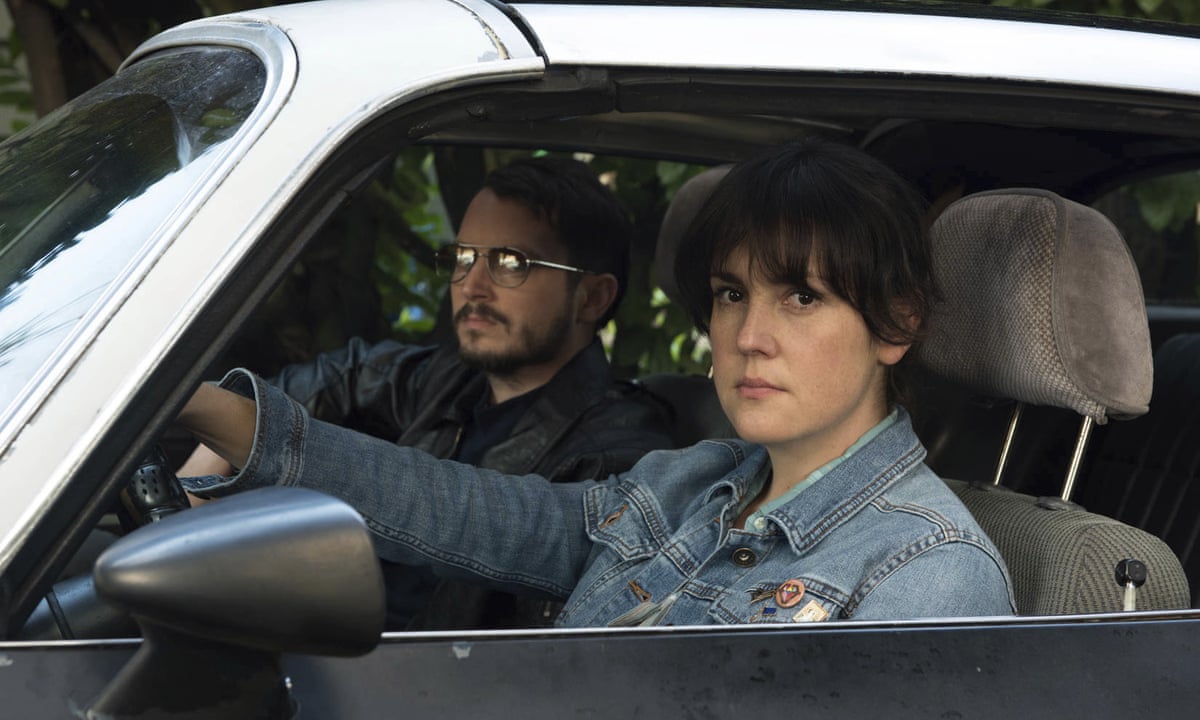She asked the world to be decent — it spat in her face. Now she’s spitting back.
In I Don’t Feel at Home in This World Anymore, director Macon Blair offers up a deliciously twisted cocktail of indie comedy, existential crisis, and DIY vengeance. It begins with Ruth, a mild-mannered nursing assistant whose life is stuck on autopilot — until her home is burglarized. The break-in, trivial to everyone else, becomes the final crack in Ruth’s already fragile belief in humanity. From that moment on, she’s done being polite.

What follows is a chaotic, darkly funny descent into suburban vigilantism. Teaming up with her awkward, nunchuck-wielding neighbor Tony, Ruth sets out to reclaim her stolen belongings — and maybe, just maybe, reclaim a piece of her dignity. But as their investigation escalates, they stumble into something far more dangerous than petty theft: a seedy underworld of criminals, psychopaths, and sociopathic privilege.
The genius of the film lies in its tonal whiplash. One moment, it’s tender and absurd; the next, it’s violent and unflinchingly bleak. Blair, a longtime collaborator of Jeremy Saulnier (Blue Ruin, Green Room), uses his directorial debut to explore what happens when people who feel powerless decide to fight back — not with weapons, but with desperation. The violence is clumsy, the heroes are flawed, and the villains are just as mundane as they are monstrous.

Anchored by a brilliant, understated performance from Melanie Lynskey and a wildly offbeat turn by Elijah Wood, the film captures a rare emotional truth: the modern world often feels like it’s unraveling, and kindness is no longer a survival trait. Ruth’s journey is not just about revenge — it’s about reclaiming meaning in a society that treats empathy like weakness.
I Don’t Feel at Home in This World Anymore is a battle cry for misfits and moral outcasts, a reminder that when civility breaks down, all that’s left is grit, weirdness, and a baseball bat wrapped in duct tape.



-1754967006-q80.webp)